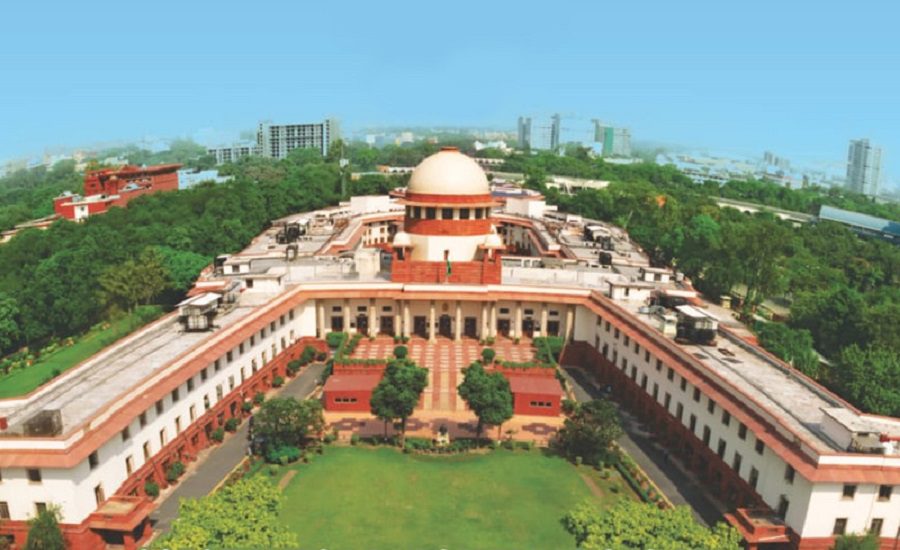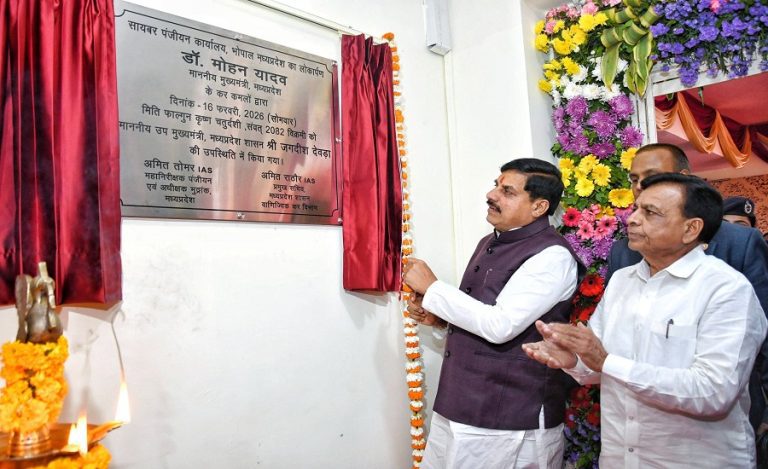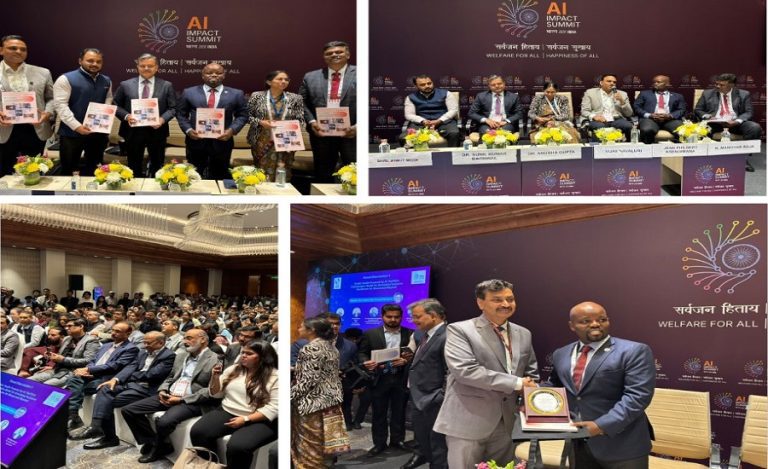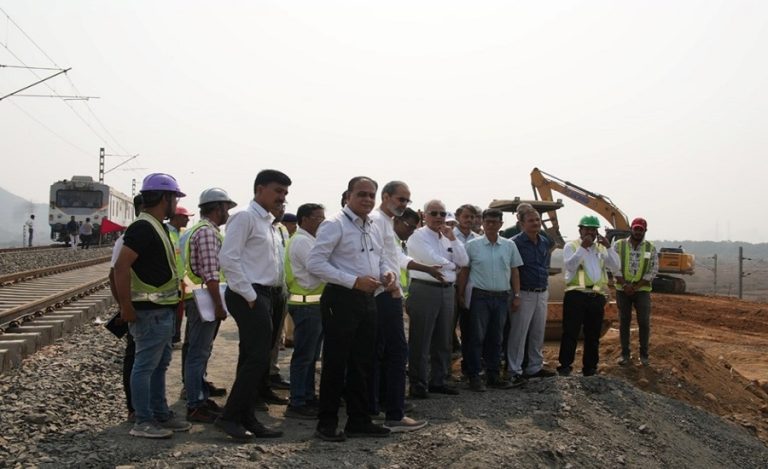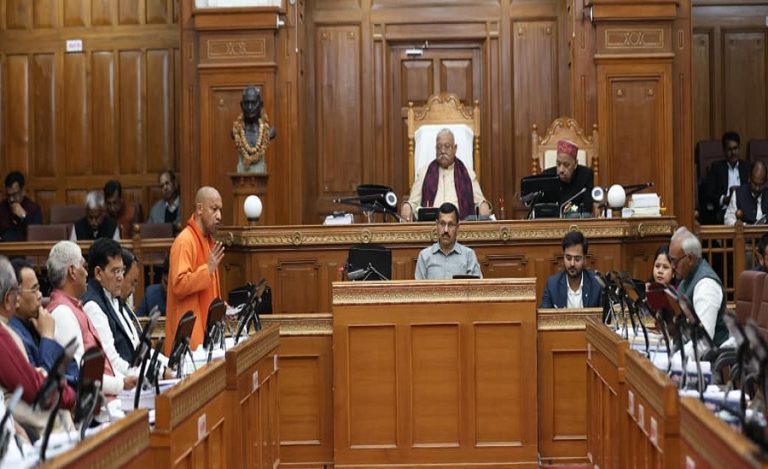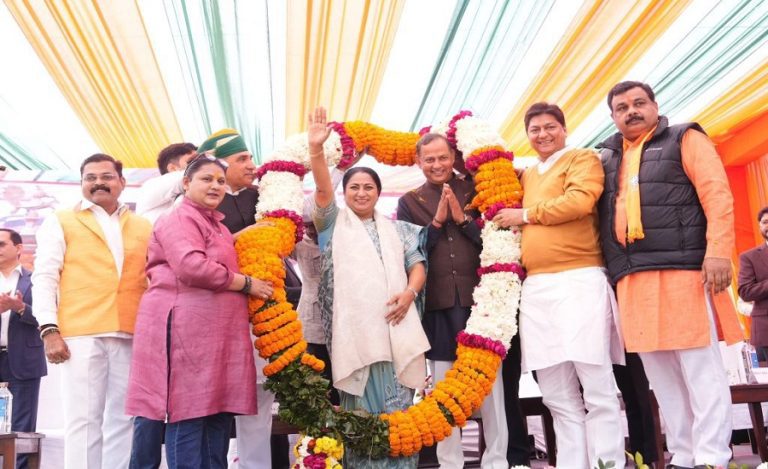New Delhi: In a brief but emphatic hearing on Monday, the Supreme Court of India turned down a petition seeking elevation to a High Court judgeship. The Bench of Chief Justice Bhushan Kumar Gavai and Justice K. Vinod Chandran did not mince words, describing the plea as making a “mockery of the system”. The petitioner, G Sarvan Kumar, had asked to be appointed directly as a High Court judge — a request the Court refused to entertain.
Background of the story G Sarvan Kumar Plea
G Sarvan Kumar filed a petition before the Supreme Court asking for his appointment as a judge of a High Court — specifically, the Telangana High Court.
The matter came up for the first time in front of the Bench of CJI Gavai and Justice Chandran. Rather than entering into the merits of the petition, the Court swiftly declined to hear it and used the occasion to critique the process and propriety of such filings.
What transpired in Court
– The petition was “flatly refused to be entertained”.
– The Chief Justice asked the petitioner’s counsel:
> “Do you want us to call the first three judges of this court here and hold a collegium meeting now? … You are making a mockery of the system!”
– The Court further indicated it might impose costs on the petitioner for filing such a petition.
– When the lawyer asked permission to withdraw the plea, CJI Gavai remarked that the lawyer’s licence (“sanad”) to practice should itself be withdrawn for filing such a plea.
– Ultimately, the plea was allowed to be withdrawn with permission of the Court.
Significance & implications of G Sarvan Kumar Plea Case
This incident highlights several important issues in the Indian judicial appointment system:
- It underscores that petitions seeking direct appointment as High Court judge — outside the recognised collegium framework — will be looked upon with disapproval.
- The remark about convening a “collegium meeting now” signals the Court’s expectation that proper procedure (via the collegium) must be followed.
- The threat of costs or even licence-withdrawal for lawyers may serve as a deterrent to what the Court views as frivolous or improper pleas.
- The strong language used reflects concern about preserving the dignity and functioning of the judicial selection system.
What this means for future appointments
For those seeking elevation to judicial office, this judgement offers a clear message:
- The established route of judicial appointments via collegium and proper screening remains vital.
- Direct petitions bypassing or attempting to co-opt the process may be summarily rejected.
- Lawyers and petitioners filing such matters must ensure that their requests are grounded in recognised procedure and not perceived as an attempt to shortcut the system.
- The judiciary is prepared to impose strict consequences for what it sees as abuse of process.

